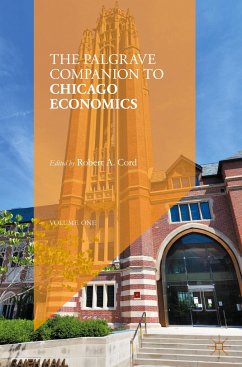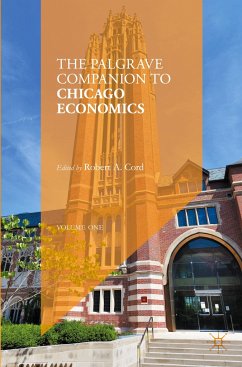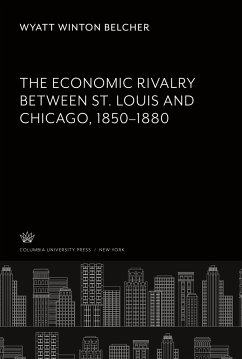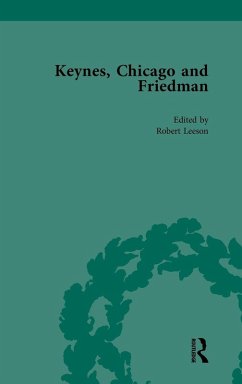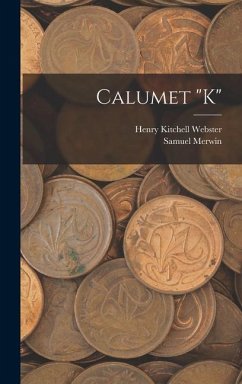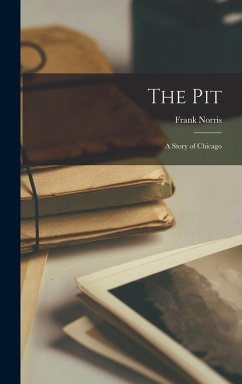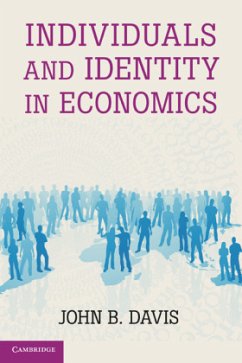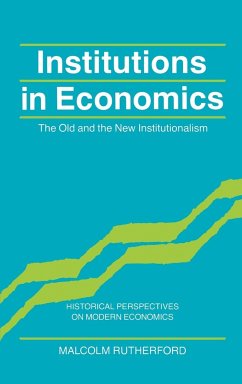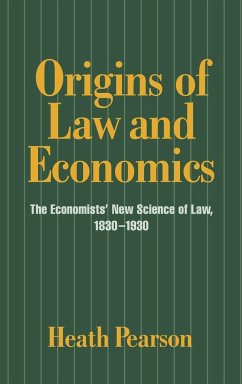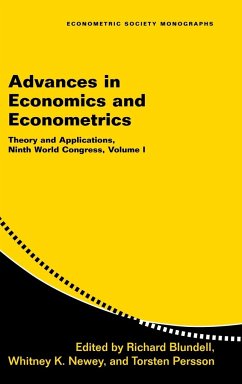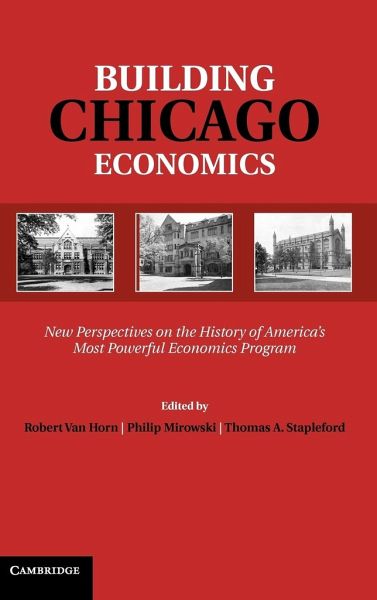
Building Chicago Economics
New Perspectives on the History of America's Most Powerful Economics Program
Herausgeber: Horn, Robert Van; Stapleford, Thomas A.; Mirowski, Philip
Versandkostenfrei!
Versandfertig in 1-2 Wochen
146,99 €
inkl. MwSt.
Weitere Ausgaben:

PAYBACK Punkte
73 °P sammeln!
Over the past forty years, economists associated with the University of Chicago have won more than one-third of the Nobel prizes awarded in their discipline and have been major influences on American public policy. Building Chicago Economics presents the first collective attempt by social science historians to chart the rise and development of the Chicago School during the decades that followed the Second World War. Drawing on new research in published and archival sources, contributors examine the people, institutions and ideas that established the foundations for the success of Chicago econo...
Over the past forty years, economists associated with the University of Chicago have won more than one-third of the Nobel prizes awarded in their discipline and have been major influences on American public policy. Building Chicago Economics presents the first collective attempt by social science historians to chart the rise and development of the Chicago School during the decades that followed the Second World War. Drawing on new research in published and archival sources, contributors examine the people, institutions and ideas that established the foundations for the success of Chicago economics and thereby positioned it as a powerful and controversial force in American political and intellectual life.





